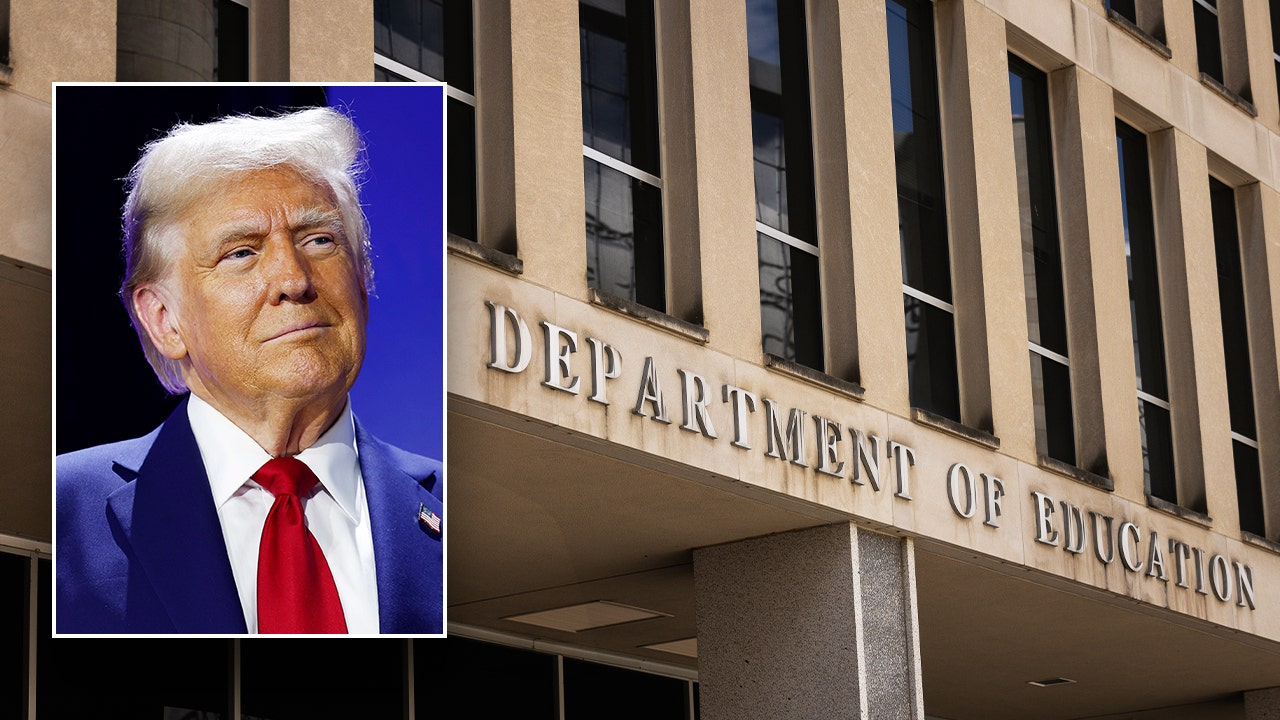Trump would need congressional approval to dissolve Education Department, experts say

President-elect Trump’s plan to abolish the Department of Education (DOE) has sparked controversy and raised questions about the legal process involved in such a decision. While Trump has expressed his intention to close down the department and return education responsibilities to the states, experts suggest that he would require congressional approval to proceed with this drastic move.
According to Andrew Stoltmann, an attorney and law professor, Trump would need a supermajority in Congress, which equates to 60 votes in the Senate, to eliminate the DOE. Stoltmann emphasized that the president does not have the unilateral authority to abolish a federal department and that bipartisan support would be essential to pass such legislation.
In light of these legal constraints, the most feasible option for Trump would be to appoint a DOE head who aligns with his agenda. By selecting a figurehead who shares his vision for education policy, Trump could effectively neutralize the department’s impact without dismantling it entirely.
Political pundit Jamie E. Wright echoed Stoltmann’s sentiments, highlighting the legislative hurdles that Trump would face in dissolving the DOE. Wright emphasized the need for new legislation to address the laws governing the department’s existence, a process that would require substantial backing from Congress and the public.
The push to eliminate the DOE is not a new development, as Republicans have long advocated for its dissolution since its establishment by former President Carter in 1979. Former President Reagan notably supported the idea of local control over education decisions, a sentiment that has resonated with conservative lawmakers seeking to reduce federal intervention in education.
While Rep. Barry Moore introduced a bill in 2023 to abolish the DOE and allocate education funding directly to states, the proposal did not garner enough support to pass. As a result, the department remains intact, prompting speculation about potential candidates to lead the agency under Trump’s administration.
Among the rumored contenders for the education secretary position is former Education Secretary Betsy DeVos, who previously served in the role during Trump’s first term. As discussions surrounding the future of the DOE continue, the legal and political complexities of dismantling a federal agency underscore the challenges inherent in implementing sweeping policy changes.
In conclusion, President-elect Trump’s ambition to abolish the Department of Education faces significant obstacles that necessitate congressional approval and bipartisan cooperation. While the prospect of dissolving the DOE remains uncertain, the debate surrounding education policy underscores the broader ideological divides shaping the future of American education.




